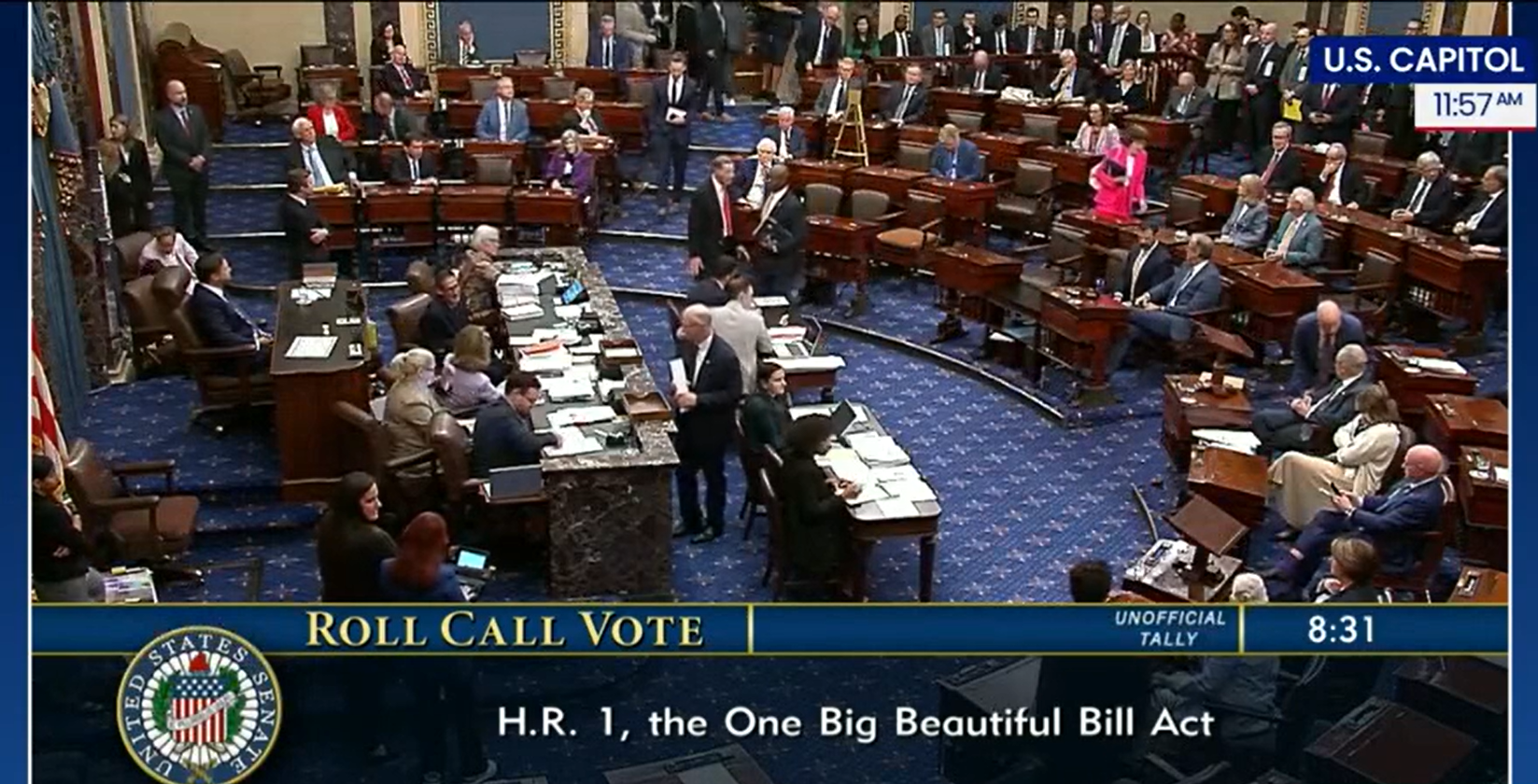Connections - 02.28.24
Retirement Plans for Long-Term Part-Time Workers
Share this page
Stay Informed on the Latest Research & Analysis from ANCOR
More News
Capitol Correspondence - 06.24.25
New Resource Highlights the Impact of Medicaid Work Requirements on the Direct Care Workforce
Stateside Report - 06.02.25
Stateside Report: June 02, 2025




